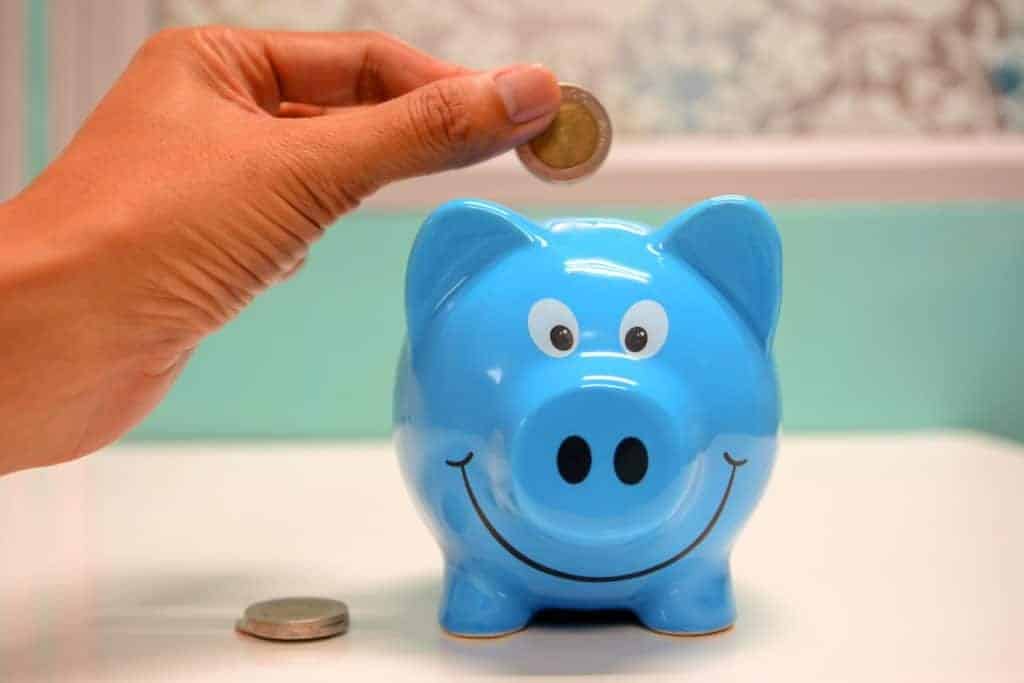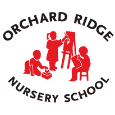It’s Important to Teach Saving Habits Early
Like many life-long habits, we learn them at a young age. Money management should be no different. When exposed to this topic early on, children become curious and will continue asking questions as they grow up.
Often, children don’t begin learning about finances until they start getting a paycheck from their first job or when they go to college. But if you’ve ever had your preschooler ask to go to the store for a new toy, now is a great time to introduce the basics.
Teaching the value of money is just as important as learning how to count it. While it’s great to see the numbers in a savings account increase, it’s vital to understand how money impacts other things in life, like making a difference in the community or the proud feeling of being able to buy an item that brings joy to you. One of the easiest ways to start teaching money smarts is the three jars method.
The 3 Piggy Bank Method

You can begin by setting out 3 piggy banks or jars for your child and label them, “Save,” “Spend,” and “Give.” Here’s how it works:
Save
Give your child spare change or start a weekly allowance. Encourage them to put a portion of these funds in the save jar so they can see it grow. As it fills up, deposit the money into their own savings account and watch the balance grow.
Spend
When your child asks to buy something, use it as an opportunity to teach them how to save for it by putting coins in the spend jar. They can learn about the value of money by paying for an item with coins from their jar. Help your child count the money needed for the purchase and suggest any leftover coins go into the save or give jar.
Give
Encourage your child to share more than just toys by giving money as well. Every time your child receives money, encourage them to put a portion of it in the give jar. An easy way to give these coins to those in need are places like your local library, or museums’ penny wells, or Salvation Army collections during the holidays. A more advanced idea is to use the money in this jar to buy toys or food to donate to others in the community.
There are many other benefits to teaching a child money smarts at a young age, such as mathematical skills and social responsibility. As your child grows up, you can continue to incorporate new money management skills and topics to help set them up for a healthy financial future.
Before you go, check out some of our previous posts!

